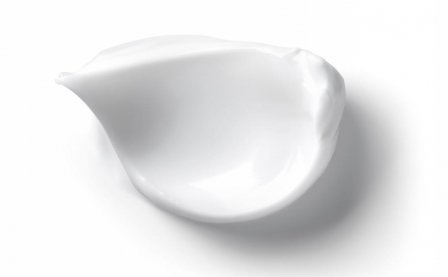For some of us, our first introduction to Norway’s Maja Ratkje came with Fe-Mail. A noise band that deliberately contrasts unabashed femininity with deep, harsh noise caught more than a few eyes with the release of Syklubb Fra Haelvete (translation: "Sewing Club from Hell"). The duo pictured on the front, Maja Ratkje and Hild Sofie Tafjord, look positively attractive and royal, yet the sounds from the disc were anything but effete, with tones so debilitating and destructive that cheap speakers couldn’t touch the sound. I was so possessed by the power of Fe-Mail’s approach that I was drawn to my first No Fun Fest, where Fe-Mail stood out (along with the Yeh/Corsano/Shiflet/Kolovos quartet, Jazzkammer, and Monotract) among many performances that seemed to blend together into a drooling wall. Ratkje’s contributions proved fascinating, especially the frenetic monuments created by her voice and effects-layering.
Before Fe-Mail, however, there was Spunk, a Norwegian avant-jazz quartet that featured Ratkje on electronics and voice, as well as Hild Tafjord. Whereas Fe-Mail was destruction and medieval-spiked bats forcing granite doves through speaker wire, Spunk was more refined and chamber-oriented, with less of a basement sound and more of a gallery flair. The well-designed structures of Spunk did as good a job as Fe-Mail’s work of suggesting Ratkje’s true talent as a composer and arranger, albeit with different results. Be warned that none of her music will sound normal if your idea of weird stops with David Bowie, but some of it is less black and viscous than the rest -- some of it, like River Mouth Echoes.
The liner notes to River Mouth Echoes read like a Mills College Master’s Thesis, and there has clearly been a lot of time and thought put into the avant fare here. Therefore, there is a dual appropriateness to releasing this work by Ratkje on John Zorn’s Tzadik Composer Series amidst works by Ribot, Frith, and Ito. Zorn’s label possesses a certain respect and well-regarded quality that suits a musician of Ratkje’s experience and caliber. On the other hand, Tzadik is not NPR’s classical label, and listeners come prepared for some extreme contrasts and cacophonous tonal passages.
“River Mouth Echoes” and “Waves IIB” don’t even seem to feature Ratkje as a musician, but rather let her prowess as a composer prance and thunder. The tracks that do credit her (voice, electronics, processing) also feature saxophone, almost as a rule. The dissonance possible through the dynamic and potentially atonal range of the sax offers the perfect partner to Ratkje’s waves, oscillations, vocal manipulations, and insectoid clicks. Sparseness and restraint dominate, with total noise coming only in spurts. The percussive passages of “Waves IIB” standout in particular. Passages like that are what noise music, ever the wooden boy, aspires to be. In other words, sometimes all those little pedals and gizmos can’t match the ability of a full symphony to create energy and power, especially a symphony reading the music of an artist with a true appreciation for treading the bounds of chaos.
If you feel intimidated by music this intellectually oriented, perhaps you should wait a little while before attempting River Mouth Echoes. Otherwise, you’ll probably miss the point and walk away doing something akin to putting your fingers in your ears. You’d be doing this album a disservice, and anything less than a well-intentioned listen is undeserved.
More about: Maja S.K. Ratkje


